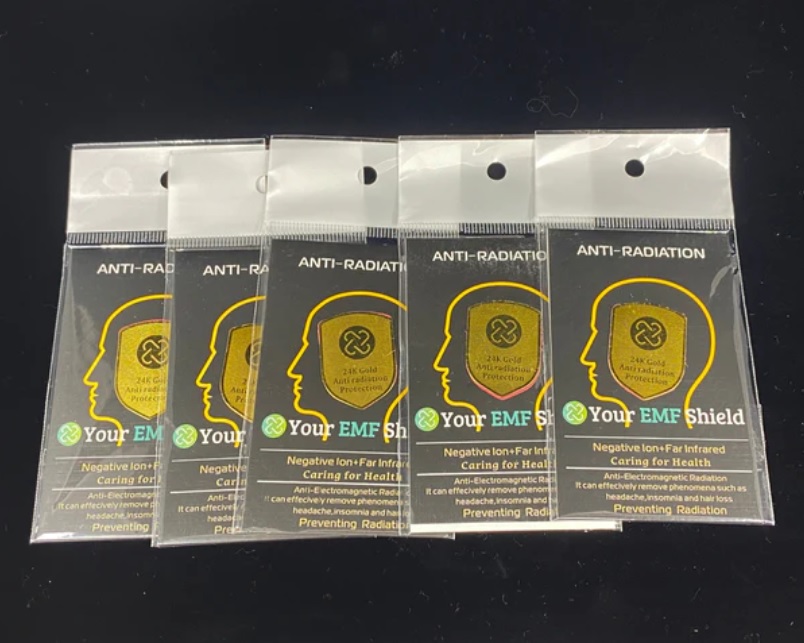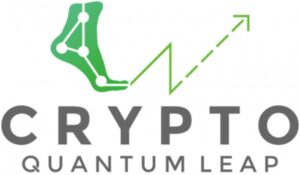The latest developments in the Nike v. StockX counterfeiting and trademark infringement lawsuit illustrate how fake products can impact individual consumers.
According to court documents filed by the Swoosh on March 15, the streetwear resale platform sold 38 pairs of fake Air Jordan 1s to a customer between March and July 2022.
Nike contacted and visited the customer, who was identified as both a collector and a reseller, on July 22 to inspect the shoes bought on StockX’s platform. The athleticwear giant confirmed that at least 38 pairs of the “Nike” branded shoes were counterfeit, although it did not specifically indicate how it authenticated the shoes.
Nike did not take possession of these shoes, and the customer ultimately returned them to StockX for a full refund.
Nike has not yet responded to Sourcing Journal’s request for comment.
“While we can’t comment on pending litigation, we are confident in our legal defenses and have continuously supplied appropriate information in a timely manner,” a StockX spokesperson told Sourcing Journal. “We stand by our verification process as one of the first and best in the industry, and in 2022 alone, rejected more than 330,000 products worth nearly $100 million.”
The reseller, whose identity is redacted in the court documents, purchased multiple pairs of the Air Jordan 1 High OG “Mocha”; Air Jordan 1 High OG “University Blue”; and the Air Jordan 1 High OG “Hyper Royal.”
A popular Twitter user in the sneaker community who goes by Sockjig confirmed he had spoken with the purchaser, noting that he bought the products “when the market price had dropped with the intent of holding and flipping later.”
“I should add that these three sneakers in particular had very good quality fakes flood the market in summer of 2022, which is why the market had dipped on them. And StockX, allegedly, had a tough time authenticating them,” Sockjig wrote in a later tweet.
Nike had already expanded its lawsuit after buying four counterfeit pairs of shoes on StockX’s platform over a two-month period beginning in December 2021, prompting the resale marketplace’s CEO Scott Cutler to claim the allegations “lack merit.”
The court filings reveal that Nike’s letter advised StockX to inspect the buyer’s shoes. Nike also requested all documents and communications about that buyer’s purchase from StockX, as well as photos and documents of the returned shoes.
Nike alleged that StockX only provided emails, and failed to produce documents related to the shoes.
StockX claims those documents are privileged and that the returned shoes were “protected work product,” but Nike disputes these claims.
Based on the testimony, Nike claims that the documents “likely contain admissions from StockX that it sent one of its consumers dozens of counterfeit ‘Nike’ shoes. StockX improperly attempts to hide this damning evidence behind a privilege objection.”
The back-and-forth ties back to what originally was a lawsuit surrounding StockX’s sale of Nike NFTs. In the lawsuit, Nike accused StockX of infringing on its trademarks and causing confusion in the marketplace with its Vault NFT program that allows customers to redeem the token as a physical good. Nike claimed that StockX’s “99.95% authentic” accuracy rate was baseless, alleging that the platform could not prove that the sneakers on its platform are “authentic.”
Amid the ongoing legal battle, StockX removed any claims from its product page that identifies sneakers as “authentic.”
And although the company still refers to its 15 product verification sites as “authentication centers,” StockX appears to have largely dropped the word “authentic” from its e-commerce site or marketing—usually going with “verified” instead.
“Verification is the new authentication, but our comprehensive approach remains unchanged,” StockX said in a statement in November. “While product authenticity remains core to our analysis, our verification process is a better reflection of our broader value proposition that we provide customers by reviewing all products sold on StockX.”
According to StockX, more than 1 million products undergo the verification process every month, for more than 40 million since 2016. The company said it rejected 14 percent of products from June 1, 2021 through May 31, 2022 that were found to be fakes.
Although StockX doesn’t traditionally allow returns under normal circumstances, it has a “Buyer Promise” for consumers if it makes a mistake such as shipping the wrong item or incorrectly verifying a product.
In January, Nike got a win in the StockX NFT lawsuit when a Manhattan federal judge declined to force the athleticwear brand to disclose the money it makes from digital sneakers and NFTs.
Discovery into Nike’s NFT-related revenue isn’t relevant to the lawsuit, because Nike isn’t seeking any monetary relief in connection with StockX’s NFTs, the U.S. District Court for the Southern District of New York ruled.
The lawsuit hasn’t been the only drama Nike and StockX have encountered in recent months. Together they’ve fought another problem plaguing the sneaker community—theft.
In October, the resale marketplace had to take down various Nike sneakers that could have been linked to an $800,000 cargo theft in Memphis, Tenn. that happened the month prior.
Overall, StockX said it has recorded 40 million trades across its marketplace, which included 12 million buyers and 1.5 million sellers on the platform, since it launched in 2016.
While the company’s bread and butter is in sneakers and streetwear, the marketplace is branching out into footwear categories focused on casual, comfort and running, including brands like Crocs, Birkenstocks, Hoka and Salomon, and is looking to make a splash in women’s luxury footwear.




